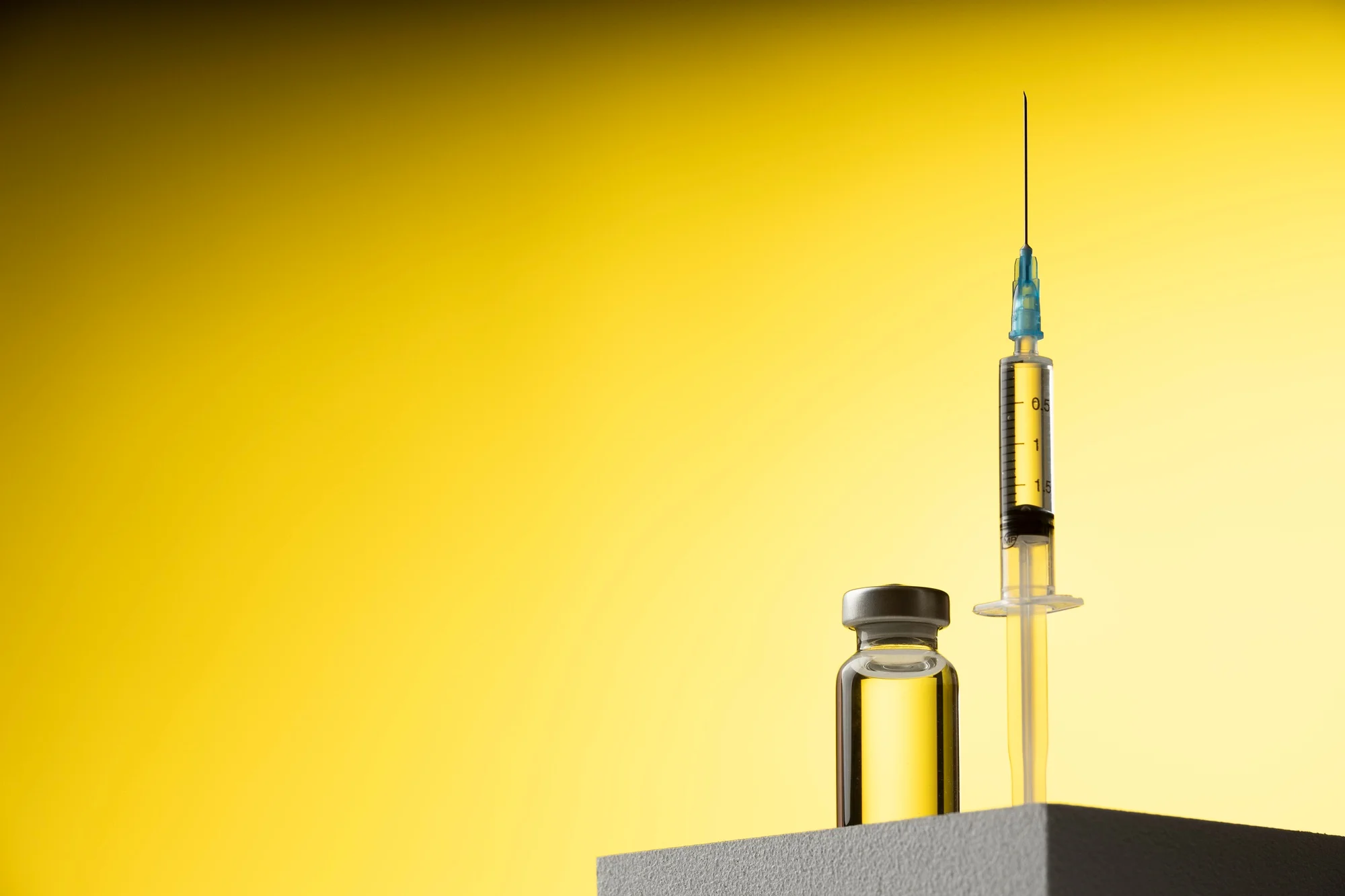In a groundbreaking study published on January 18, 2024, in the International Journal of Pharmaceutics, researchers unveiled a promising new vaccine adjuvant derived from a traditional Chinese medicinal plant, Polygonatum sibiricum. The advent of this adjuvant, termed Microparticulated Polygonatum sibiricum Polysaccharide (MP-PSP), represents a significant stride in immunotherapy and vaccine development, potentially improving the efficacy and safety of protein vaccines which have utilized adjuvants for almost a century. This article elaborates on the study conducted by a team of scientists led by Kai Shen from the College of Pharmacy, Nanjing University of Chinese Medicine, and others from the Beijing Institute of Biotechnology and affiliated institutions.
DOI: 10.1016/j.ijpharm.2024.123802
With the world of immunology continuously evolving, the scientific community has made yet another laudable discovery. The research spearheaded by the Beijing Institute of Biotechnology in collaboration with the College of Pharmacy, Nanjing University of Chinese Medicine, has shed light on a pioneering adjuvant that boasts potent vaccine-enhancing effects. This could revolutionize future vaccines, offering higher immunity and a robust safety profile.
Historically, adjuvants have played a crucial role in vaccine development. While we’ve seen advancements over the years, the quest for more efficacious and safe adjuvants remains relentless. Adjuvants are substances that, when paired with a vaccine antigen, enhance the body’s immune response to the vaccine. What distinguishes MP-PSP is its source and performance.
Polygonatum sibiricum, commonly known as ‘King Solomon’s-seal’ or ‘Siberian Solomon’s-seal,’ is a plant widely recognized in traditional Chinese medicine. The scientists have isolated, and developed a microparticulate form of its polysaccharide (PSP) and coupled it with calcium carbonate for enhanced effectiveness.
This study, found in the paper (Article No. 123802 in the International Journal of Pharmaceutics), reveals that MP-PSP when used as an adjuvant, remarkably elevated the humoral response in comparison to the standard PSP. These humoral responses are measured by the production of antibodies, which are pivotal in defending against infectious diseases.
The researchers meticulously delved into the immune-enhancing mechanisms of MP-PSP. Their findings unraveled that MP-PSP aids immunity by decelerating the antigen release rate and activating dendritic cells, which are vital for capturing antigens and presenting them to T cells. Moreover, MP-PSP resulted in the secretion of interleukin-6 through toll-like receptor 4 signaling—a critical pathway in the innate immune system that helps recruit T follicular helper cells and B cells, thereby aiding a strong antibody response.
The safety of vaccine adjuvants is all-important, as such components can cause adverse reactions if not carefully assessed. Delightfully, the study highlights that MP-PSP demonstrates a commendable safety profile in vaccinated mice, signifying that it may well be tolerable for human use pending further trials.
The scientific community is keen on advancing this research further, as expressed in the declaration of interests, where the authors affirm no competing financial stakes or personal relationships influencing the study outcomes. It’s a pure pursuit of medical advancement that opens a promising vista in the development of next-generation vaccines.
References
1. Shen, K., Zhang, J., Zhao, Z., et al. (2024). Microparticulated Polygonatum sibiricum polysaccharide shows potent vaccine adjuvant effect. Int J Pharm, 652, 123802.
2. Reed, S. G., Orr, M. T., & Fox, C. B. (2013). Key roles of adjuvants in modern vaccines. Nature Medicine, 19(12), 1597-1608.
3. Coffman, R. L., Sher, A., & Seder, R. A. (2010). Vaccine adjuvants: putting innate immunity to work. Immunity, 33(4), 492-503.
4. Vos, Q., Lees, A., Wu, Z. Q., Snapper, C. M., & Mond, J. J. (2000). B-cell activation by T-cell-independent type 2 antigens as an integral part of the humoral immune response to pathogenic microorganisms. Immunological Reviews, 176(1), 154-170.
5. Pulendran, B., & Ahmed, R. (2006). Translating innate immunity into immunological memory: implications for vaccine development. Cell, 124(4), 849-863.
Keywords
1. Vaccine Adjuvant Technology
2. Polysaccharide Immune Booster
3. Traditional Chinese Medicine Vaccines
4. Microparticulate Polysaccharide Adjuvant
5. Polygonatum sibiricum Vaccine Efficacy
This study elucidates the intricacy and potential of MP-PSP from traditional Chinese medicine as a vaccine adjuvant, marking a notable achievement in immunopharmacology. Manufacturing and applying MP-PSP on a massive scale could mark a turning point in vaccine technology, granting protection against infectious diseases with unprecedented efficacy and safety profiles.
The promise of MP-PSP lies in further research and clinical trials which could illuminate its full potential and herald its use in widespread vaccination programs. With continuous leaps in science and medicine, such innovative discoveries bolster the hope for a healthier, better-protected global population.
